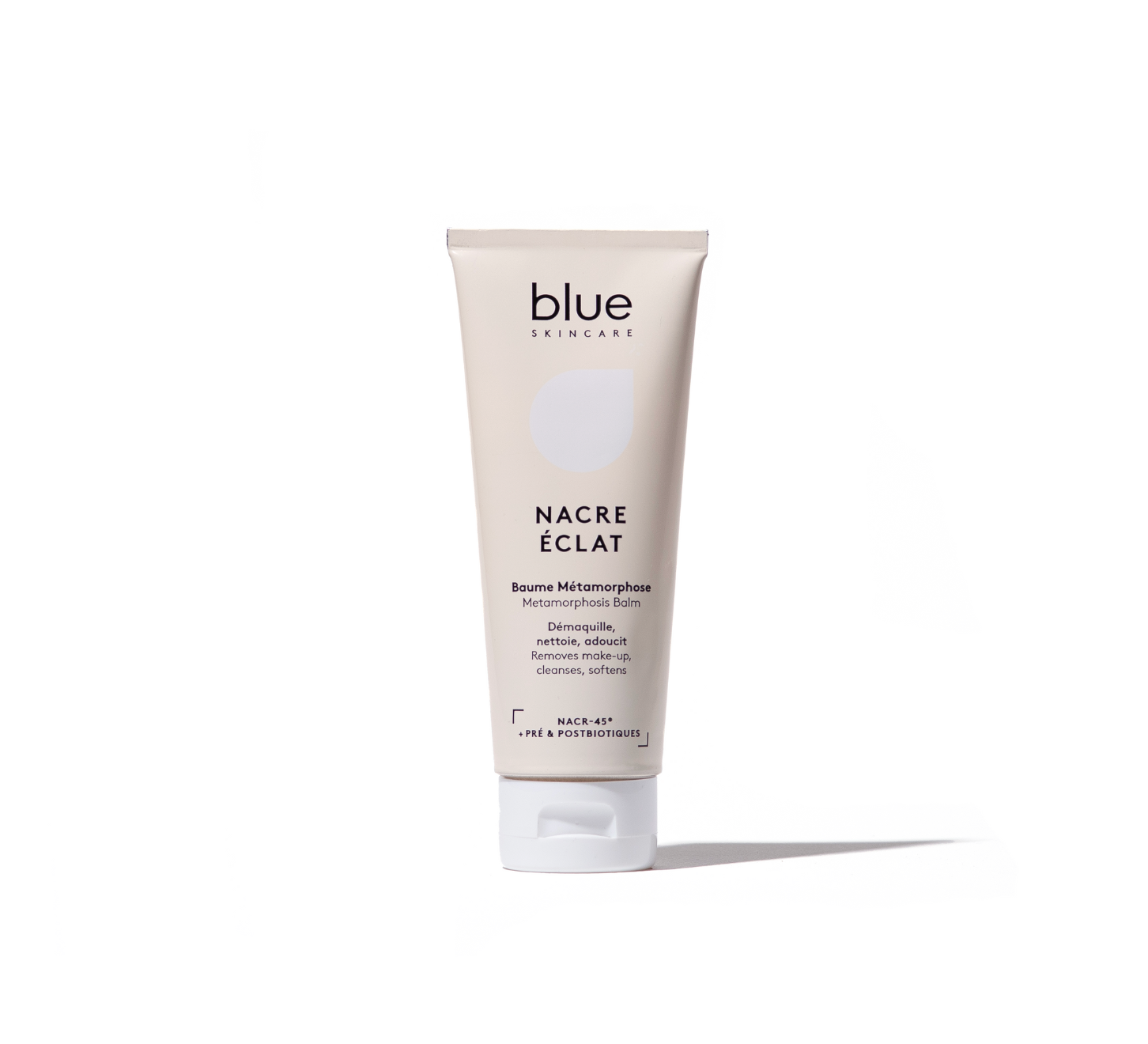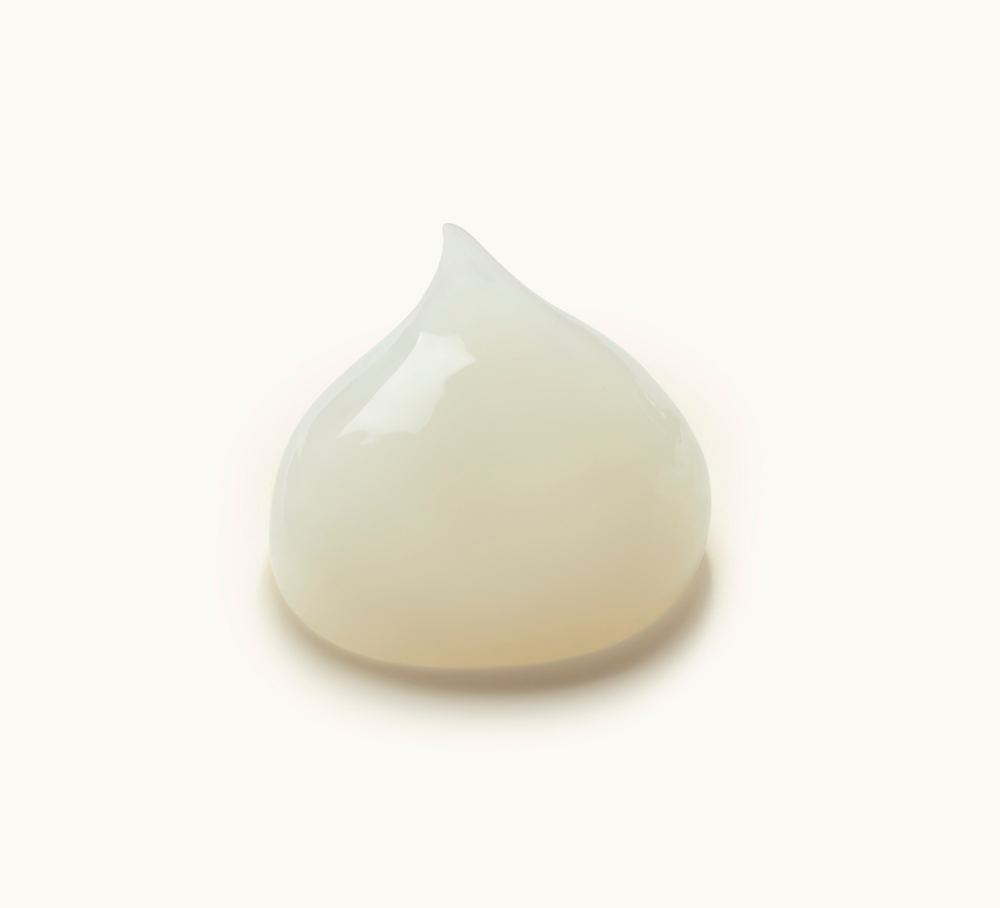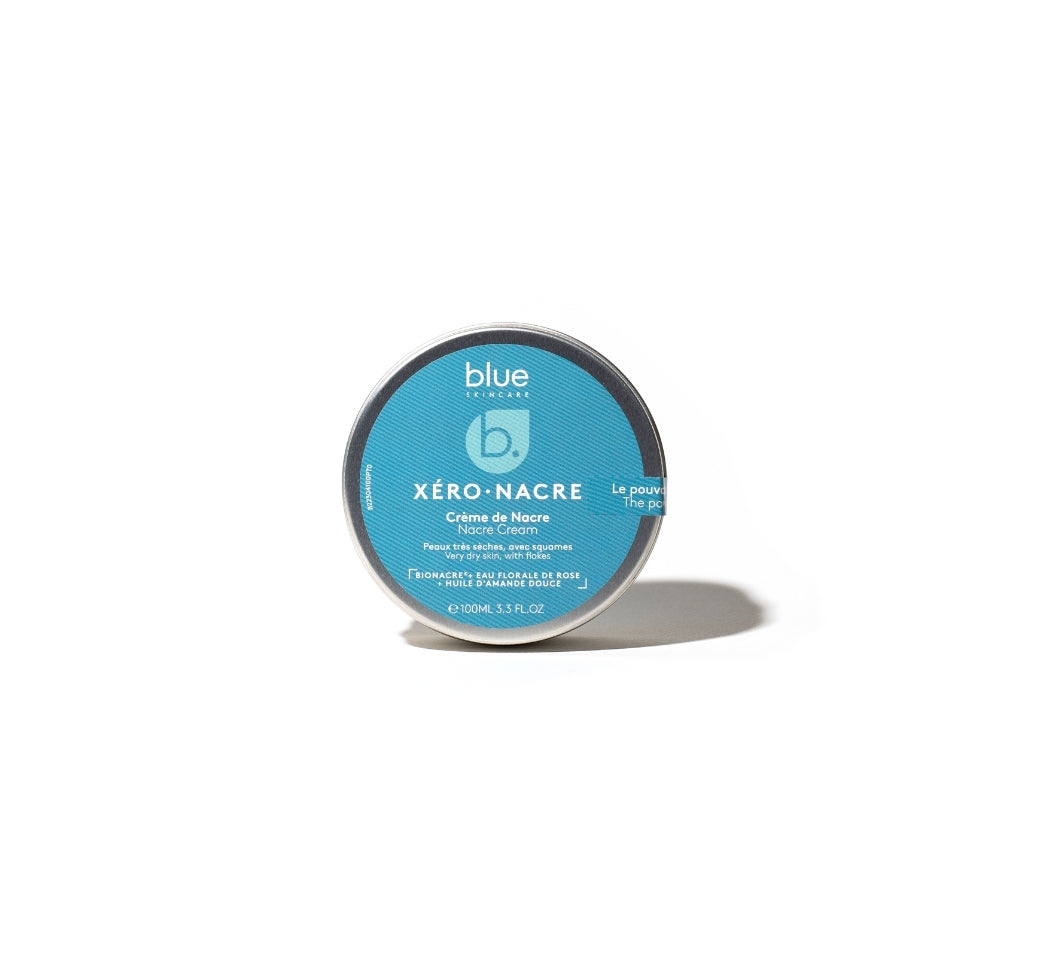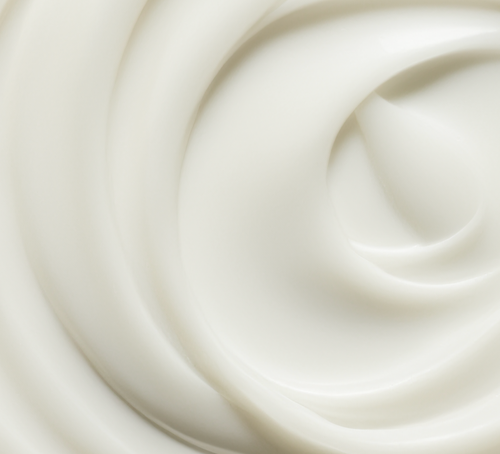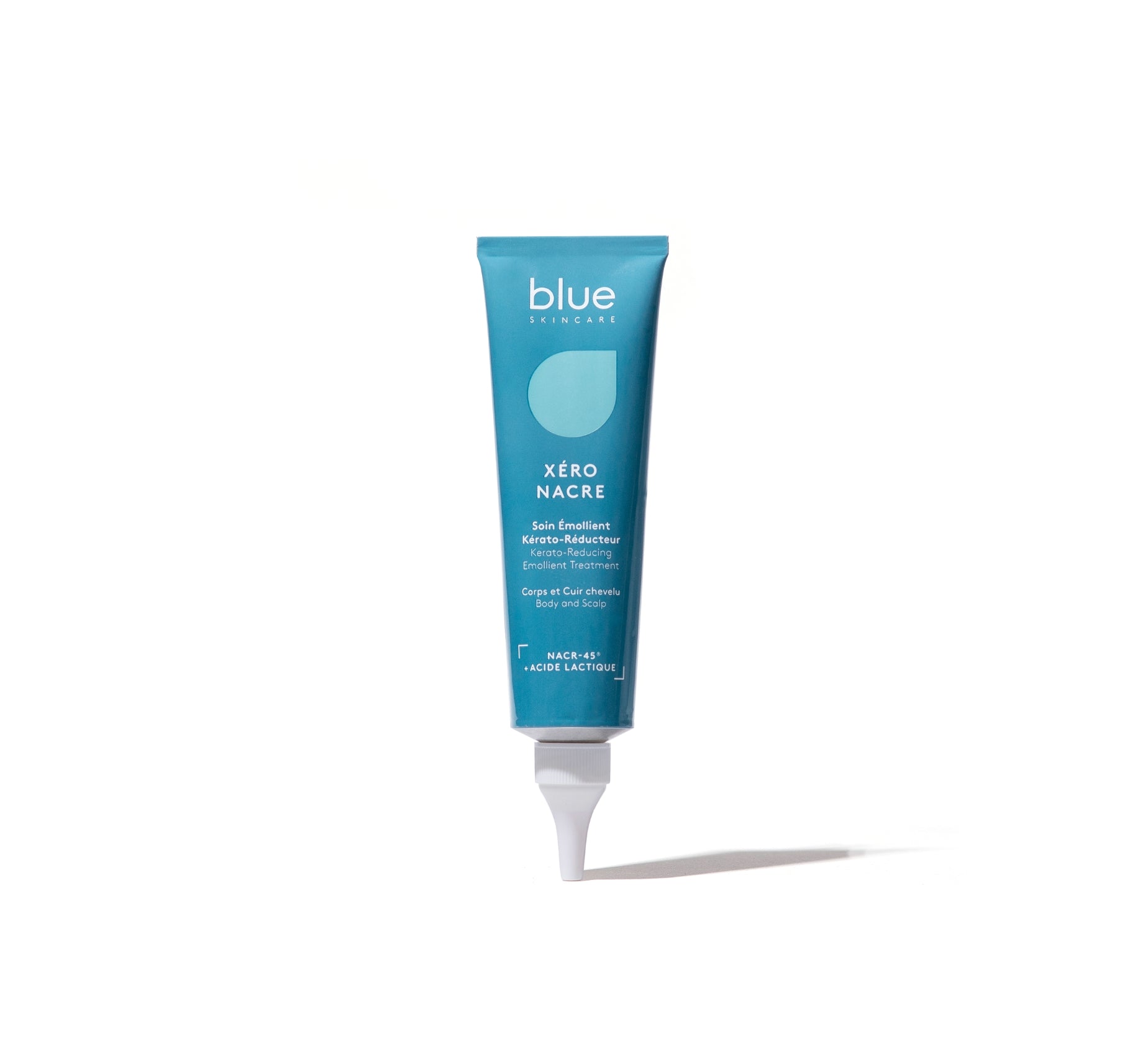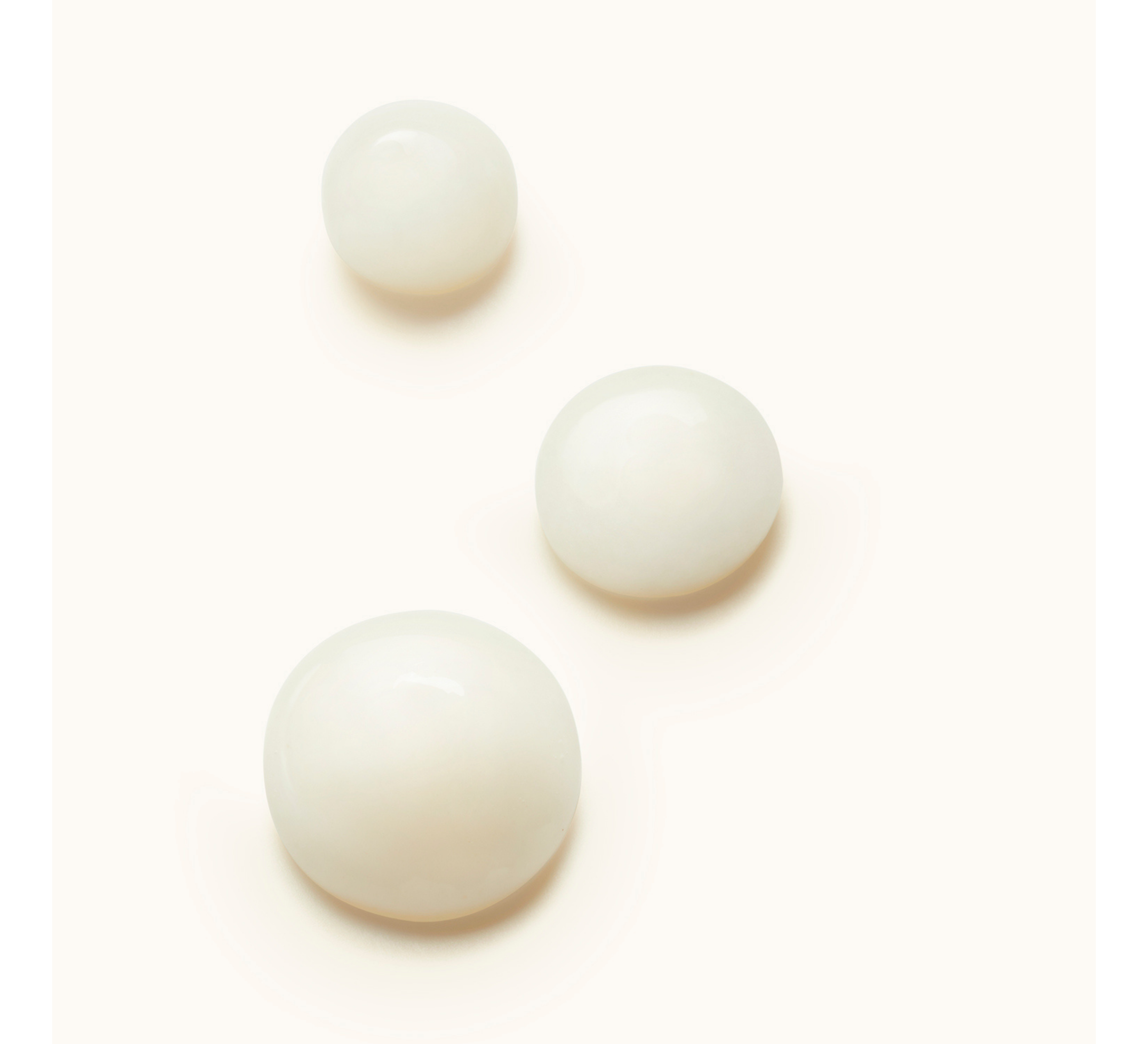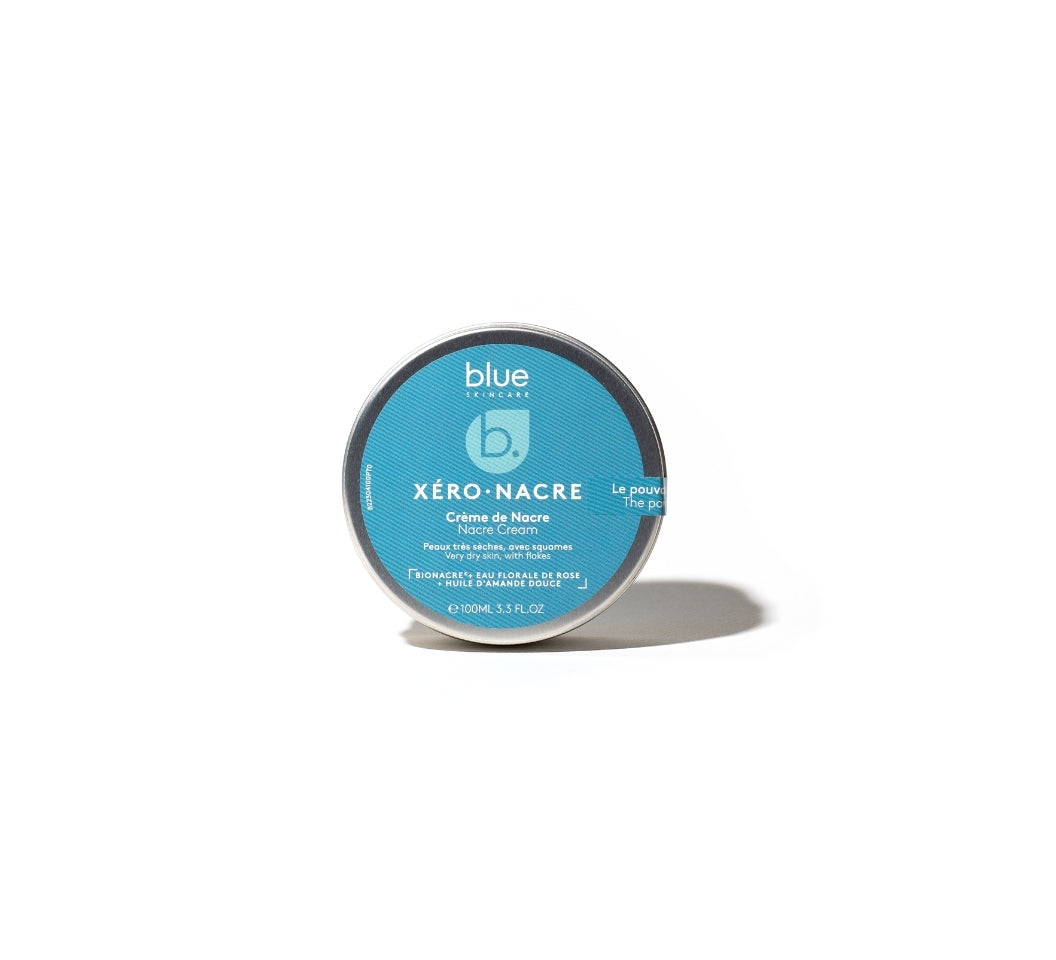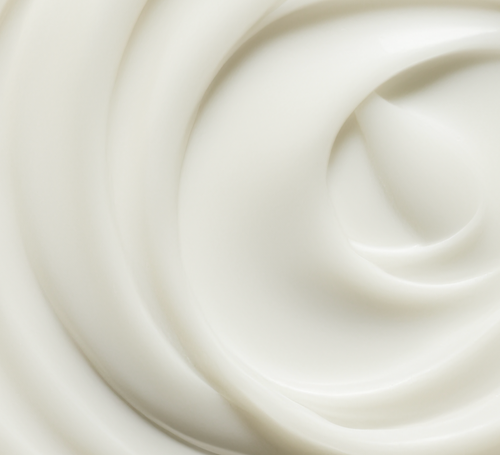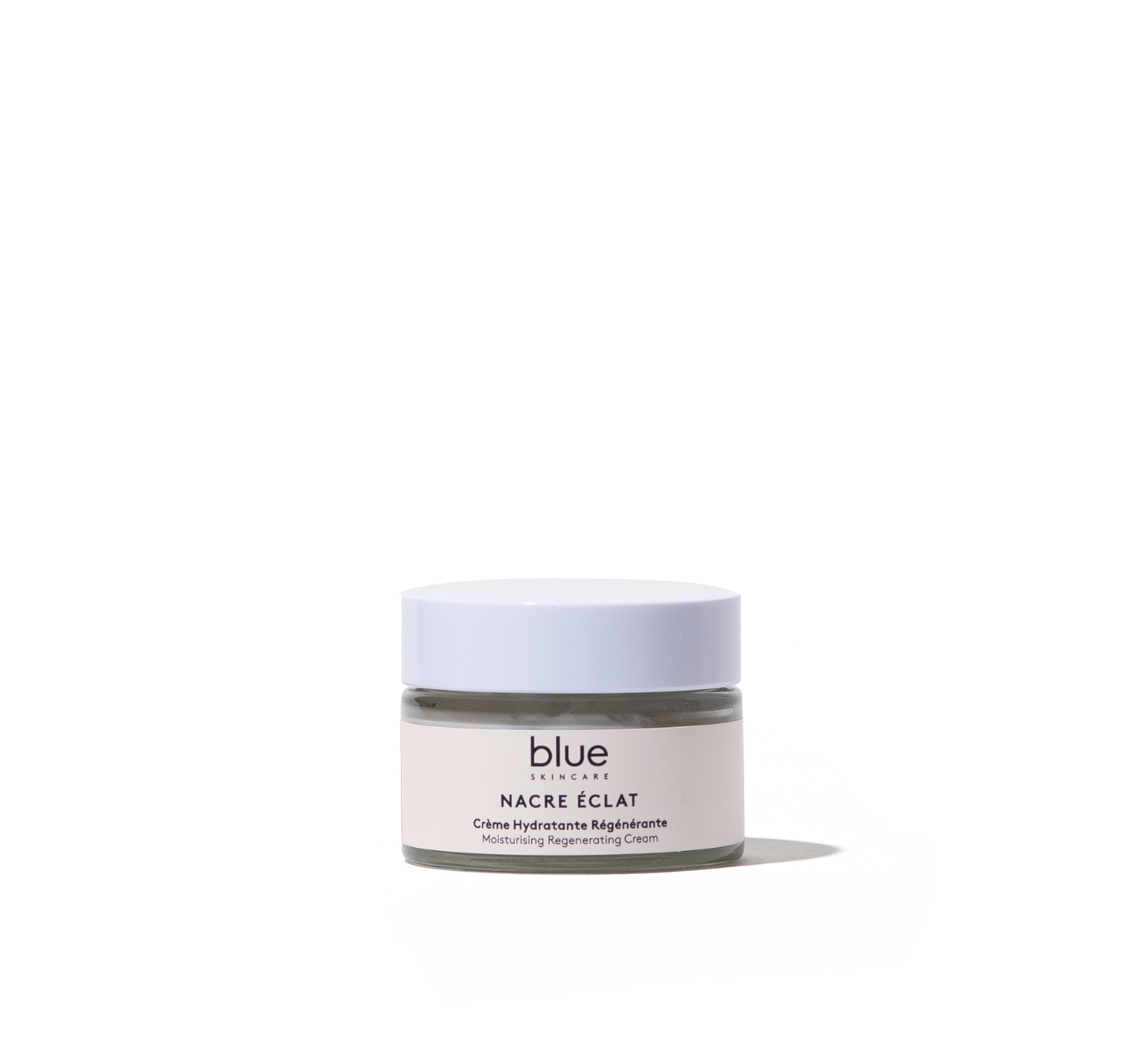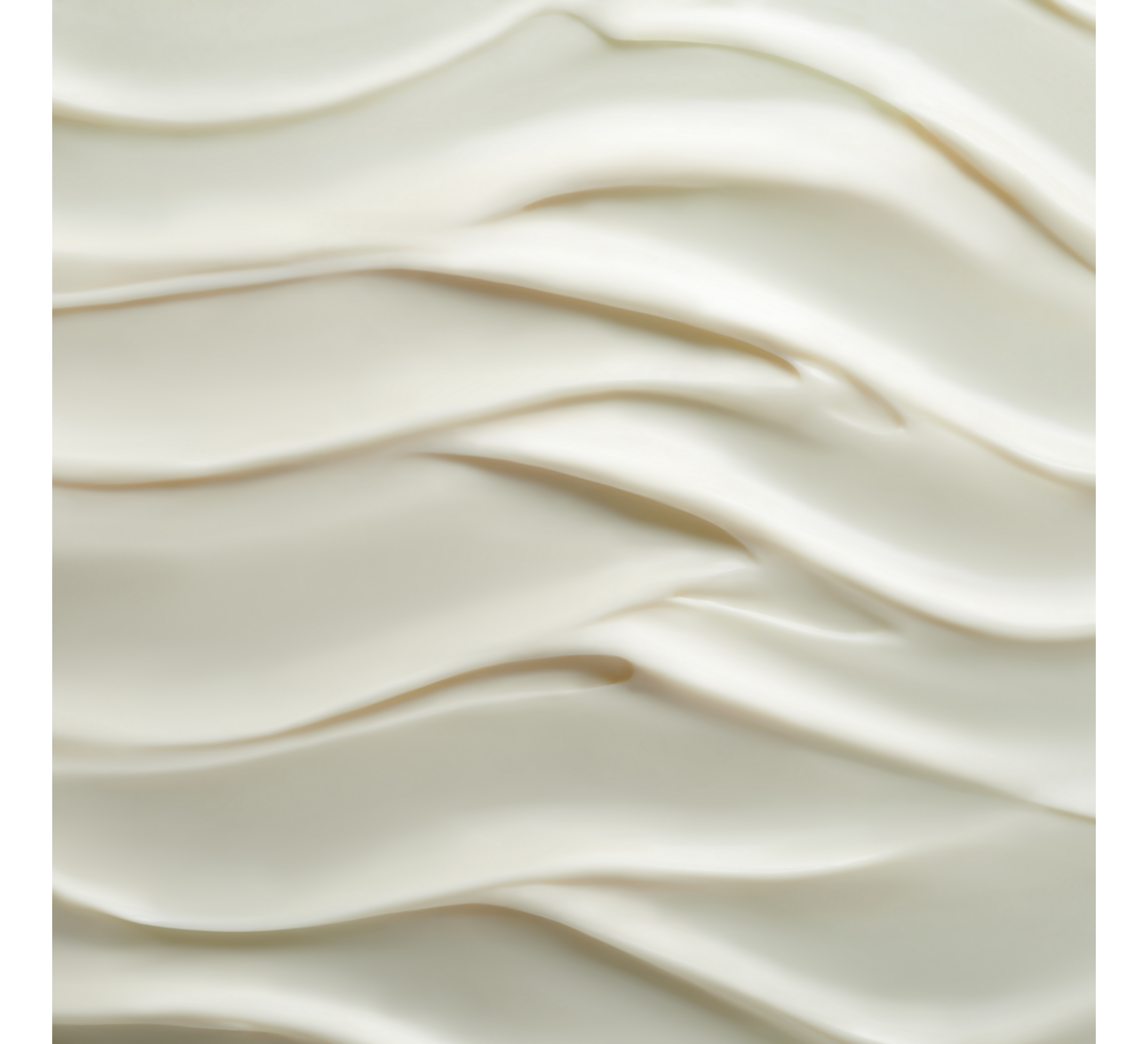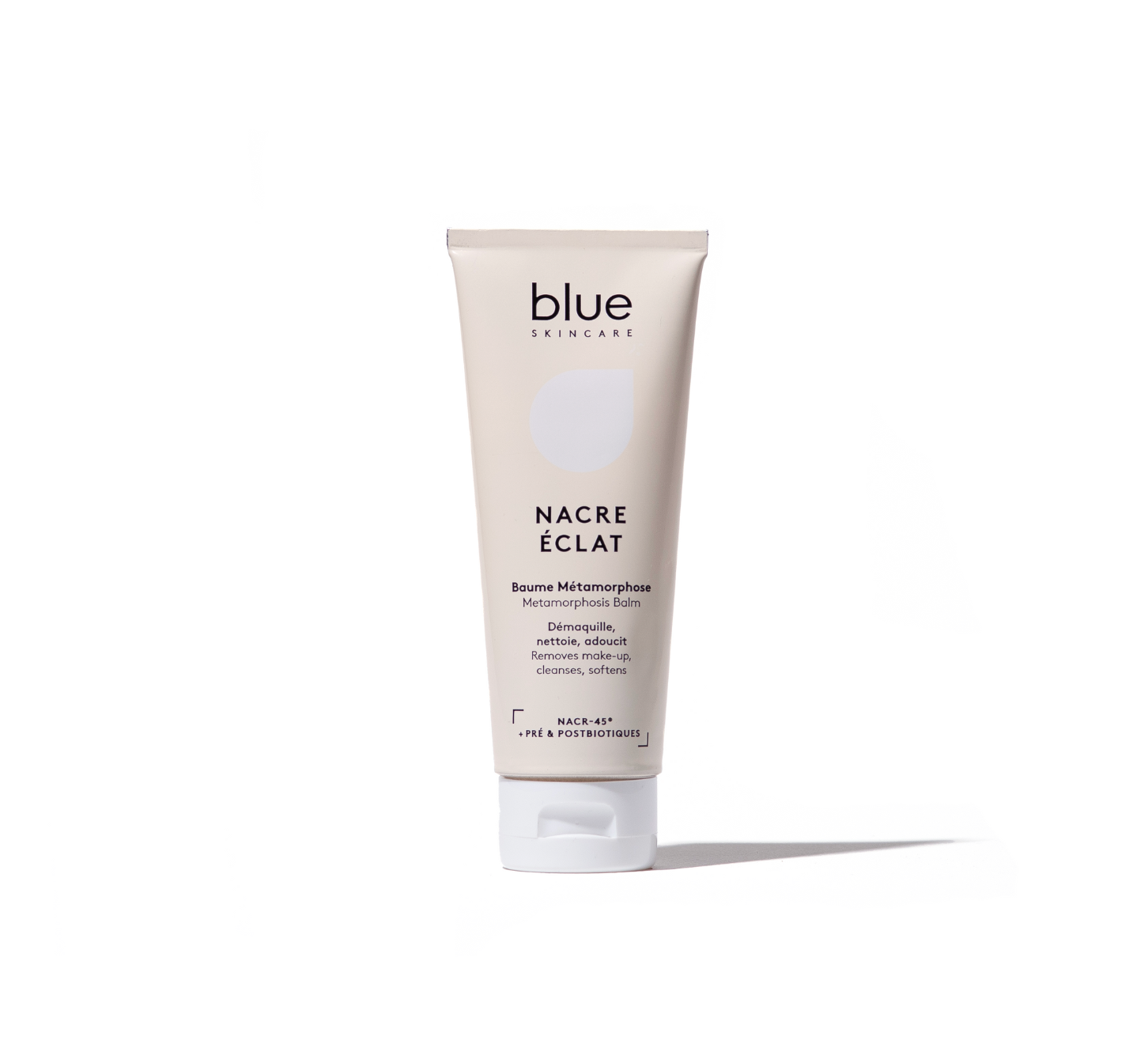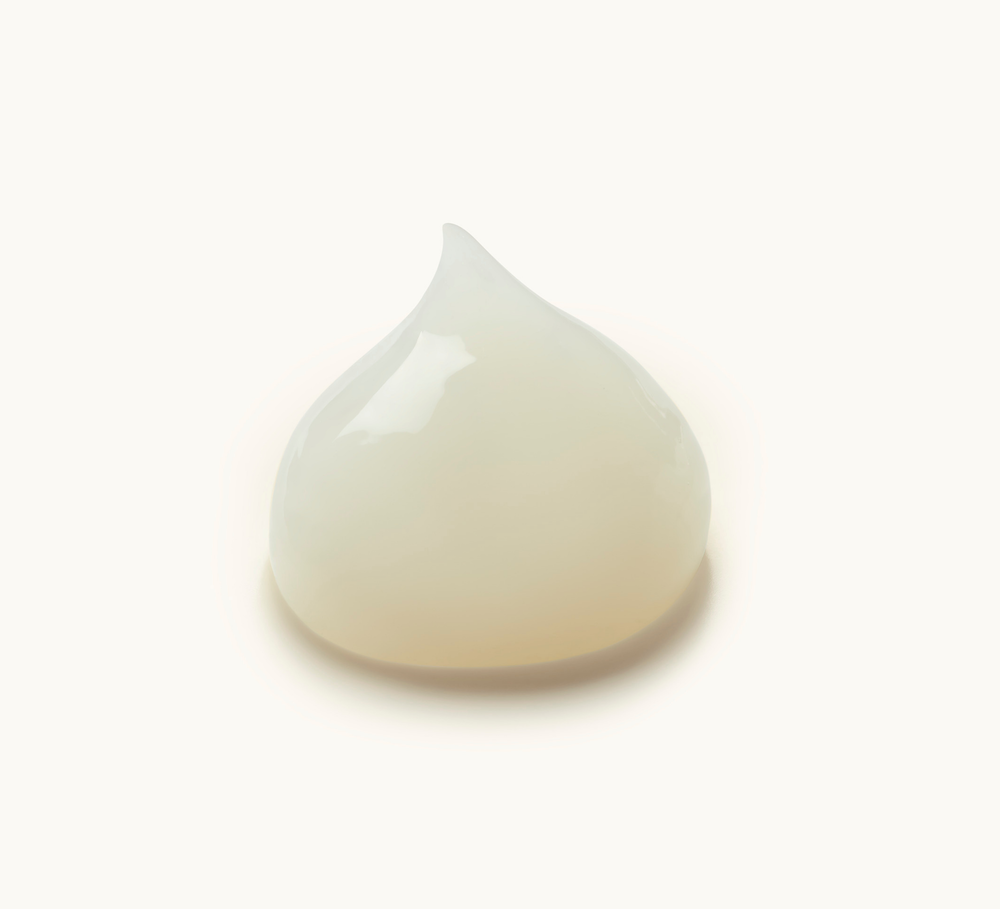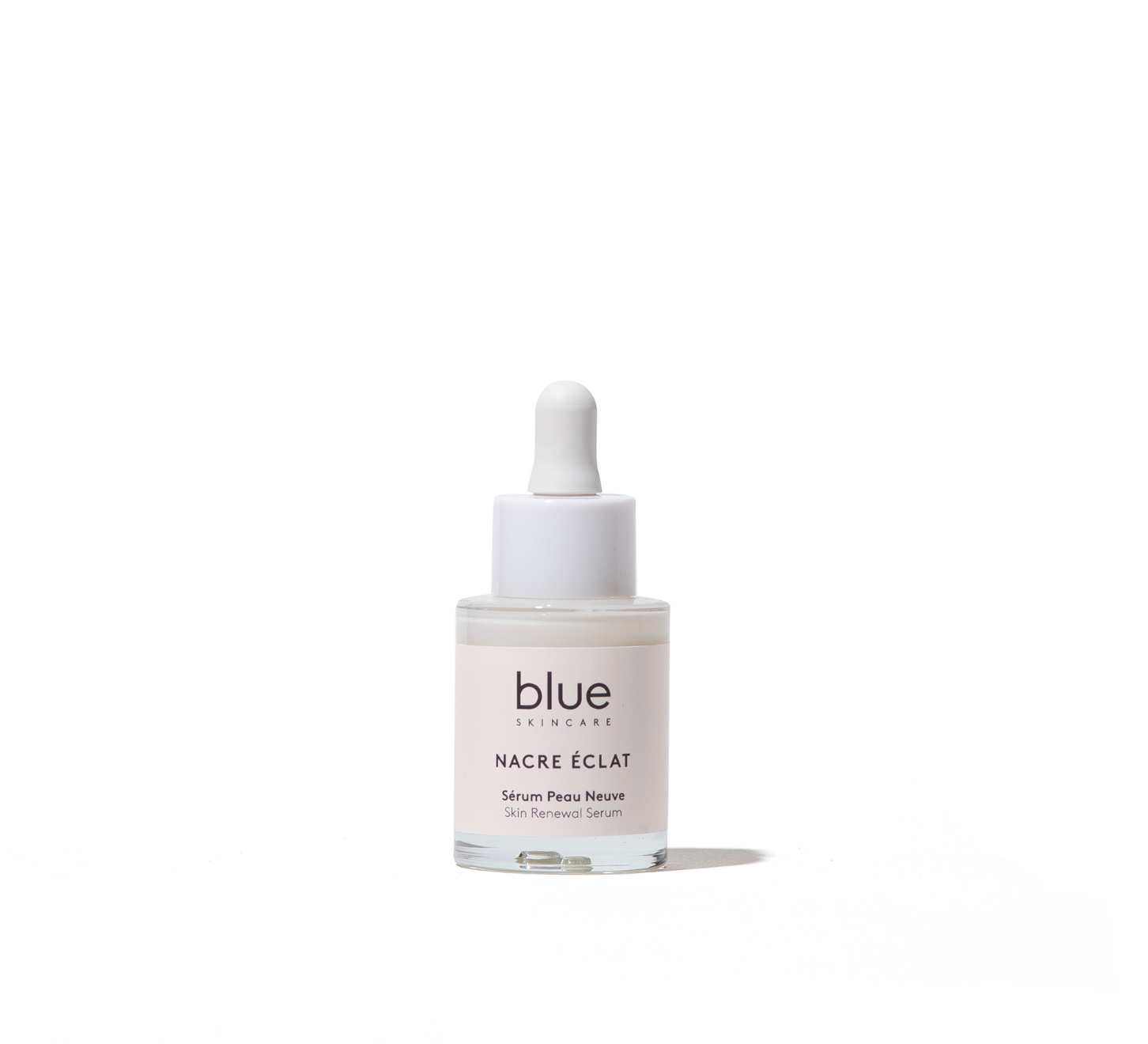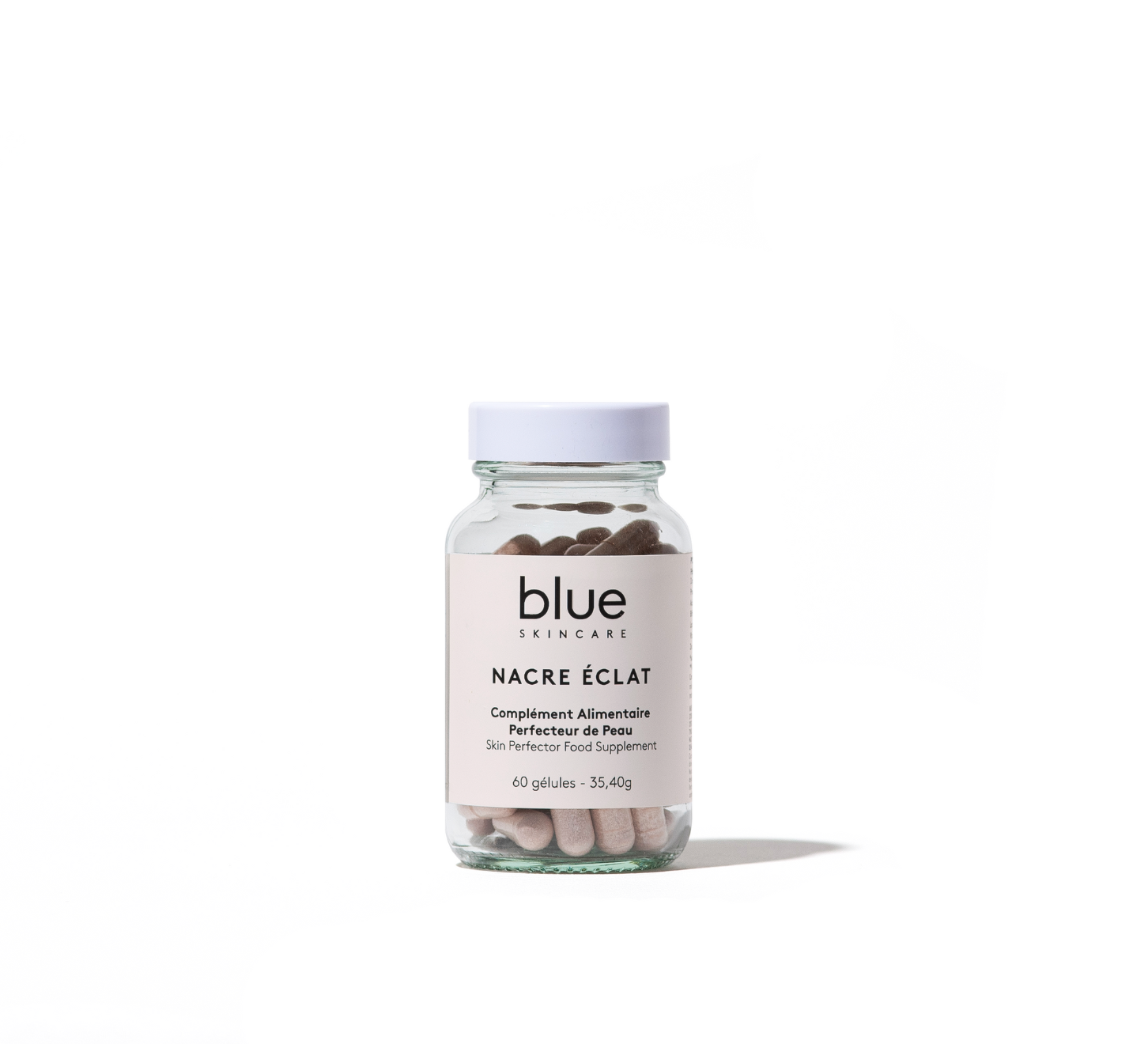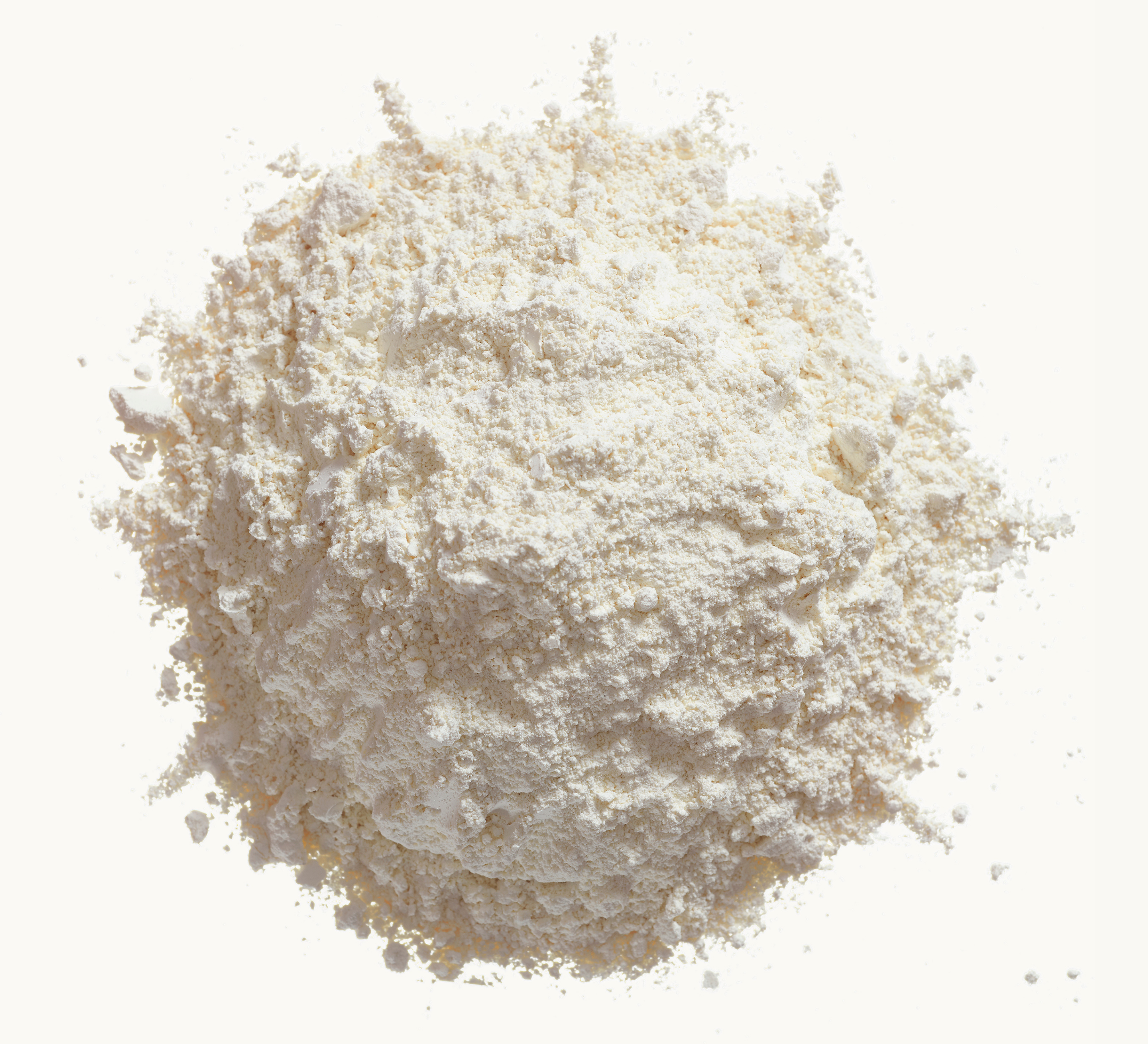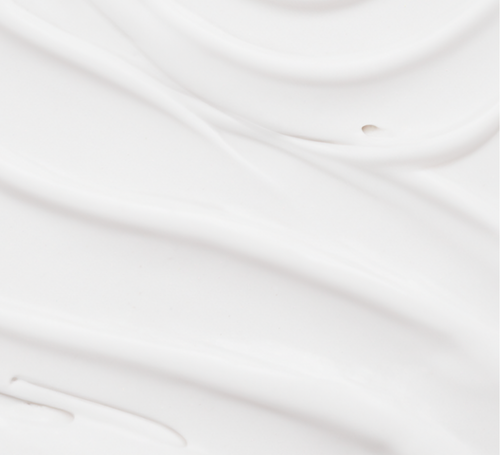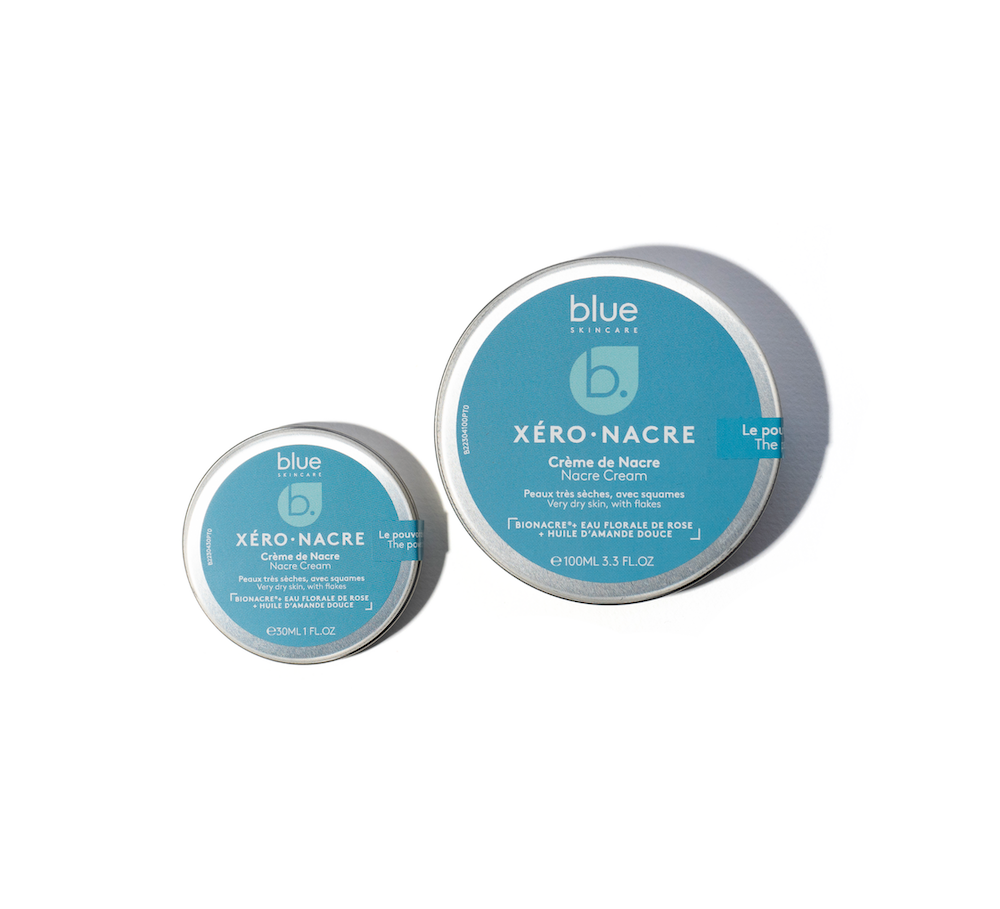Do you have capricious and rather high blood sugar levels, or even established diabetes? Could cider vinegar be your ally? Indeed, cider vinegar and glycemic index can be the winning duo for some.
Grandma's remedies have long praised the benefits of cider vinegar and already, a study conducted in 2005 by the University of Lund in Sweden, confirmed its virtues when it came to talking about diabetes and blood sugar. Even if it was then an experiment on vinegar in general (study "by E. Ostman, Y. Granfeldt and I. Björck, Vinegar supplementation reduces glucose levels, has a positive impact on insulin and increases the feeling of satiety when added to a bread-based meal in healthy subjects"). In addition, another collateral benefit, its effect on boosting the feeling of satiety! To verify this, the researchers administered three different doses of vinegar, mixed with a portion of white bread (18, 23 or 28 ml) and then measured the effect on blood sugar, insulin and satiety. Result? A significant relationship was found after thirty minutes according to a blood test on the first two criteria and in a declarative and observed manner on satiety. And the higher the dose of vinegar consumed, the more significant and sufficient the results were to confirm the hypothesis posed by the Swedish study.
What is apple cider vinegar?

Vinegar comes from apples. Originally, apple juice is fermented to turn into cider, with yeast changing the sugar into alcohol. A second fermentation transforms the alcohol into acetic acid and therefore the cider into vinegar with a sweet and mild flavor. And if it is a little cloudy, it is because it contains a "mother of vinegar" (this is also specified on the bottle) and so much the better because it is a concentration of nutrients and minerals. A mother of vinegar is a film that forms when the surface of the wine is in contact with air and oxygen for a long time. With the oxygen, the bacteria transform the alcohol into acid and create a gelatinous film (as if woven by the bacteria) the color of the wine (red with red wine, cream with white wine).
How to swallow apple cider vinegar?
For Laure Carpentier, naturopath, therapist specializing in food rebalancing and creator of Studio 118 in Paris (@laure_carpentier), cider vinegar is truly a health ally that is easy to integrate into your eating routine. "A tablespoon of cider vinegar (pure or mixed with a little room temperature water, preferably drinking it through a straw to avoid contact with your teeth) lowers the glycemic index and helps the pancreas not to secrete too much insulin." It is therefore an excellent natural alternative to certain treatments intended to lower the GI, to be considered with your doctor or therapist. In terms of weight, it has a proven effect, "in fact, this daily tablespoon for the duration of a treatment, with a weight loss goal, can help you lose two kilos!" specifies Laure Carpentier. And make no mistake, cider vinegar is alkalizing and not acidic. Unlike lemon, which can be acidic depending on the terrain and the naturopathic temperament of the person. Apple cider vinegar, by its alkalizing nature, will contribute to homeostasis (restoring the metabolism to balance), good news, we can therefore put it almost everywhere in our recipes! Logically, we understand the usefulness of vinegared raw vegetables and salad at the end of a meal to boost digestion. In her food rebalancing workshops, Laure and her sidekick Stéphanie Guillemette, vegetarian chef, lead "drainage & cooking" workshops during which they share, among other tips, those of the use of apple cider vinegar. Thus, we can put a dash in the vinaigrette of salads of course but also on a vegetable stir-fry, rice, legumes and at the end of cooking a broth in order to take advantage of the collagen of the bone simmering with the vegetables. "Easy to combine with all kinds of oils, it enhances their flavor without acidifying them: camelina oil, walnut oil, hazelnut oil. A little tip: remember to keep these oils cool or at least in a dark glass bottle to protect them from free radicals which degrade them very quickly," adds Laure.
An ideal vinegar for controlling your blood sugar?

But first, why try to control your blood sugar at all costs? Because glucose spikes have harmful effects on health. A balanced blood sugar level is around 30mg/dl, but when it increases, it leads to inflammation and cravings that affect weight. Hence the interest in cider vinegar, which slows down digestion and the transformation of starchy foods (especially pasta) into glucose. It is more precisely the acetic acid contained in this vinegar that regulates blood sugar levels and prevents sudden variations. But be careful, if this natural solution regulates blood sugar, it is not a treatment for diabetes. Just as this boost for weight gain is not a diet in itself... However, the pectin contained in cider vinegar does have this satiating effect due to its fibrous nature. Be careful, if you suffer from ulcers or kidney disease, we do not recommend the daily consumption of cider vinegar, even if its nature is alkalizing. And to protect tooth enamel, it is advisable not to abuse it (as a cure while losing a few pounds). Beyond its effects on blood sugar, cider vinegar is interesting for its polyphenol, potassium and vitamin content.
In conclusion, cider vinegar does not cure diabetes, but it can lower blood sugar. It does not replace a treatment but complements it in an interesting way. As a bonus, it would have effects on blood lipids, but if this has been observed in animals, studies are still underway in humans. Last tip, in case of a sore throat, pour 2 tablespoons of cider vinegar, a teaspoon of honey in a glass of hot water and gargle. You will have a clear and crystal clear voice to sing the virtues of cider vinegar on blood sugar!
